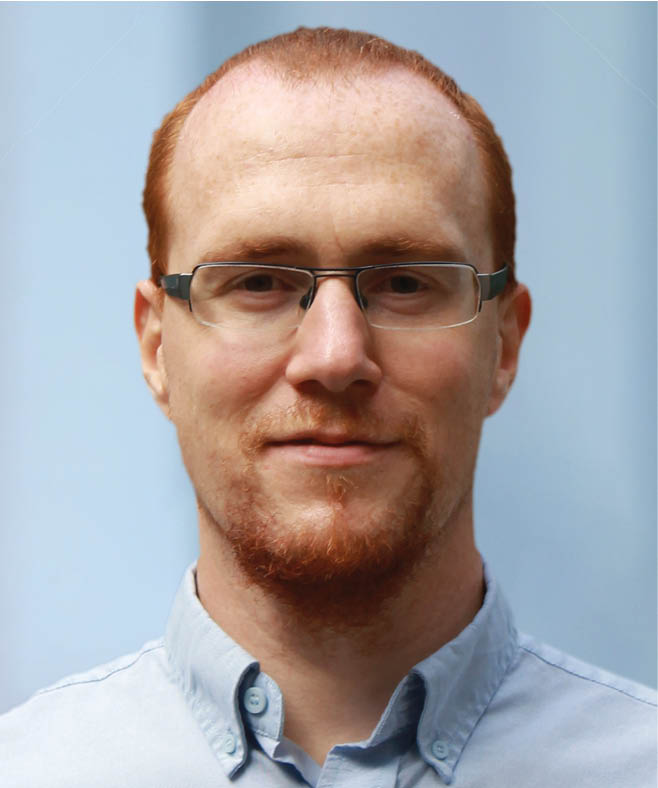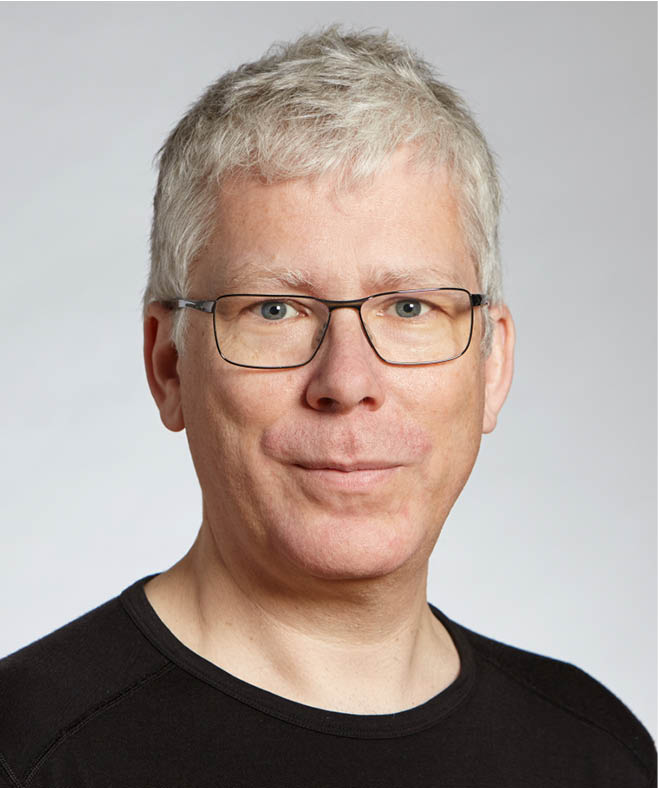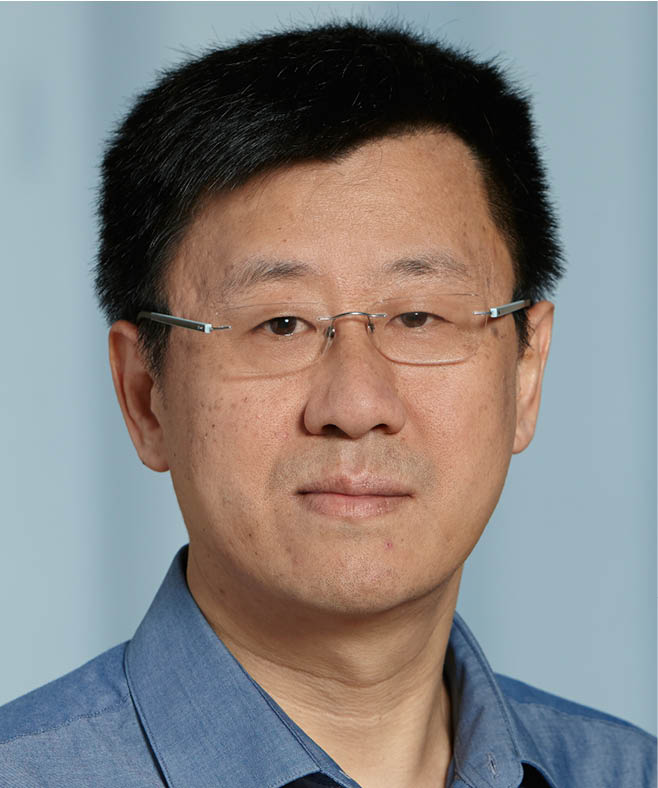Torsten Hoefler, Marc Pollefeys and Zhendong Su named ACM Fellows
Torsten Hoefler, Marc Pollefeys and Zhendong Su, professors at the Department of Computer Science, have been named ACM Fellows. The distinction recognises the extensive research contributions in their respective fields. Congratulations!
The Association for Computing Machinery (ACM) has named 57 members ACM Fellows for wide-ranging and fundamental contributions including cybersecurity, human-computer interaction, mobile computing and recommender systems among many other areas. Torsten Hoefler, professor at the Institute for High Performance Computing Systems, Marc Pollefeys, professor at the Institute for Visual Computing, and Zhendong Su, professor at the Institute for Programming Languages and Systems, are among those Fellows.
Torsten Hoefler is recognised for his foundational contributions to High-Performance Computing and the application of HPC techniques to machine learning.
Marc Pollefeys is recognised for his contributions to geometric computer vision and applications to AR/VR/MR, robotics and autonomous vehicles.
Zhendong Su is recognised for his contributions to the field of software testing and analysis.
ACM's most prestigious member grade recognises the top 1% of ACM members for their outstanding accomplishments in computing and information technology and/or outstanding service to ACM and the larger computing community.

More about Torsten Hoefler
Torsten Hoefler is a full professor at the Department of Computer Science at ETH Zurich, where he heads the Scalable Parallel Computing Laboratory since 2012. He received his Ph.D. in 2007 at Indiana University and started his first professor appointment in 2011 at the University of Illinois at Urbana-Champaign. Internationally, Hoefler is one of the world’s leading scientists in the field of high-performance computing. His research aims at understanding the performance of parallel computing systems ranging from parallel computer architecture through parallel programming to parallel algorithms. He is also active in the application areas of Weather and Climate simulations as well as Machine Learning with a focus on Distributed Deep Learning.
Hoefler has won numerous awards for his work, including earning a place of honour in the technical community when named as an IEEE Fellow and member of Academia Europaea. He also received the Latsis Prize from ETH Zurich in 2015, the ACM Gordon Bell Prize (2019) and two European Research Council (ERC) Grants.

More about Marc Pollefeys
Marc Pollefeys is a full professor at the Department of Computer Science at ETH Zurich and the Director of the Microsoft Mixed Reality and AI Lab, where he works with a team of scientists and engineers to develop advanced perception capabilities for HoloLens and Mixed Reality. He obtained his Ph.D. from the KU Leuven in 1999 and was a professor at UNC Chapel Hill before joining ETH Zurich. Pollefeys is best known for his work in 3D computer vision, having been the first to develop a software pipeline to automatically turn photographs into 3D models, but also works on robotics, graphics and machine learning problems. Other noteworthy projects he worked on are real-time 3D scanning with mobile devices, a real-time pipeline for 3D reconstruction of cities from vehicle mounted-cameras, camera-based self-driving cars and the first fully autonomous vision-based drone. Most recently his academic research has focused on combining 3D reconstruction with semantic scene understanding.
Marc Pollefeys has received several prizes for his research, including a Google Focus Award (2020), a Sony Faculty Innovation Award (2020) and an ERC Starting Grant (2008), just to name a few. He was elected Fellow of the IEEE in 2012.

More about Zhendong Su
Zhendong Su is a full professor at the Department of Computer Science at ETH Zurich, where he leads the Advanced Software Technologies Lab at the Institute for Programming Languages and Systems. He had been a full professor in Computer Science and a Chancellor's Fellow at UC Davis until June 2019. He joined the UC Davis faculty in January 2003 after receiving his Ph.D. in Computer Science (with minor in Mathematics) from UC Berkeley. He received a B.S. in Computer Science and a B.A. in Mathematics from UT Austin in 1995.
At his lab, Zhendong Su develops fundamental and practical innovations to help people construct reliable, secure, performant and usable software through integrated activities in research and education. His work spans programming languages, compilers, software engineering, computer security and systems, machine learning and education technologies. Zhendong Su aims to advance the science and practice of engineering software by creating new and impactful methodologies, theories, techniques and tools.
His work has received various awards: an ACM SIGSOFT Impact Paper Award (2018), an ICSE Most Influential Paper (MIP) Award (2022) and a Google Scholar Classic Paper Award (2017), just to name a few. Zhendong Su is also an elected member of the Academia Europaea (the Academy of Europe).
More information
- Torsten Hoefler
- Scalable Parallel Computing Laboratory
- Institute for High Performance Computing Systems
- Marc Pollefeys
- Computer Vision and Geometry Group
- Institute for Visual Computing
- external page Microsoft Mixed Reality and AI Lab
- Zhendong Su
- Advanced Software Technologies Lab
- Institute for Programming Languages and Systems
- external page Press release
- external page ACM Fellows